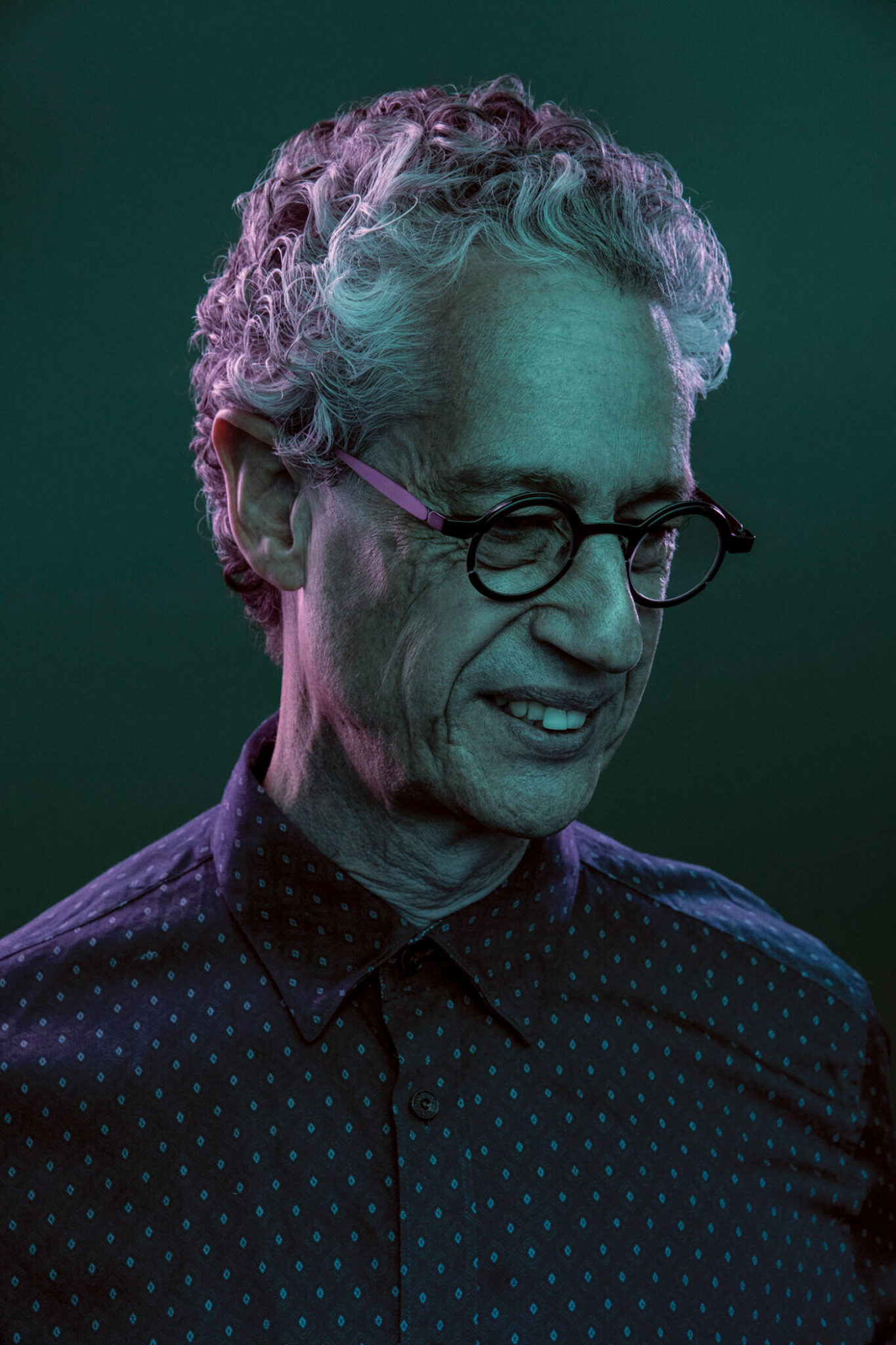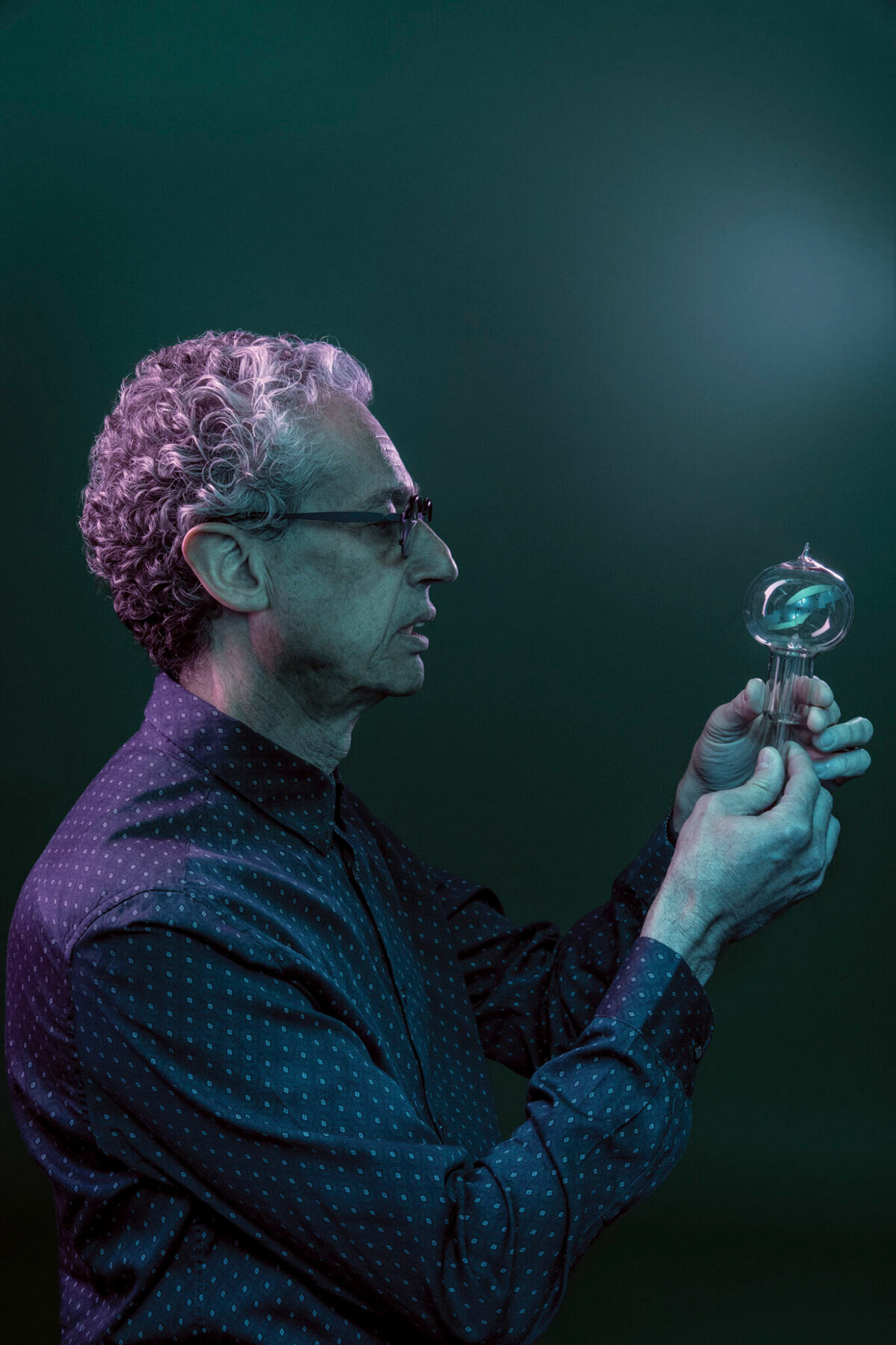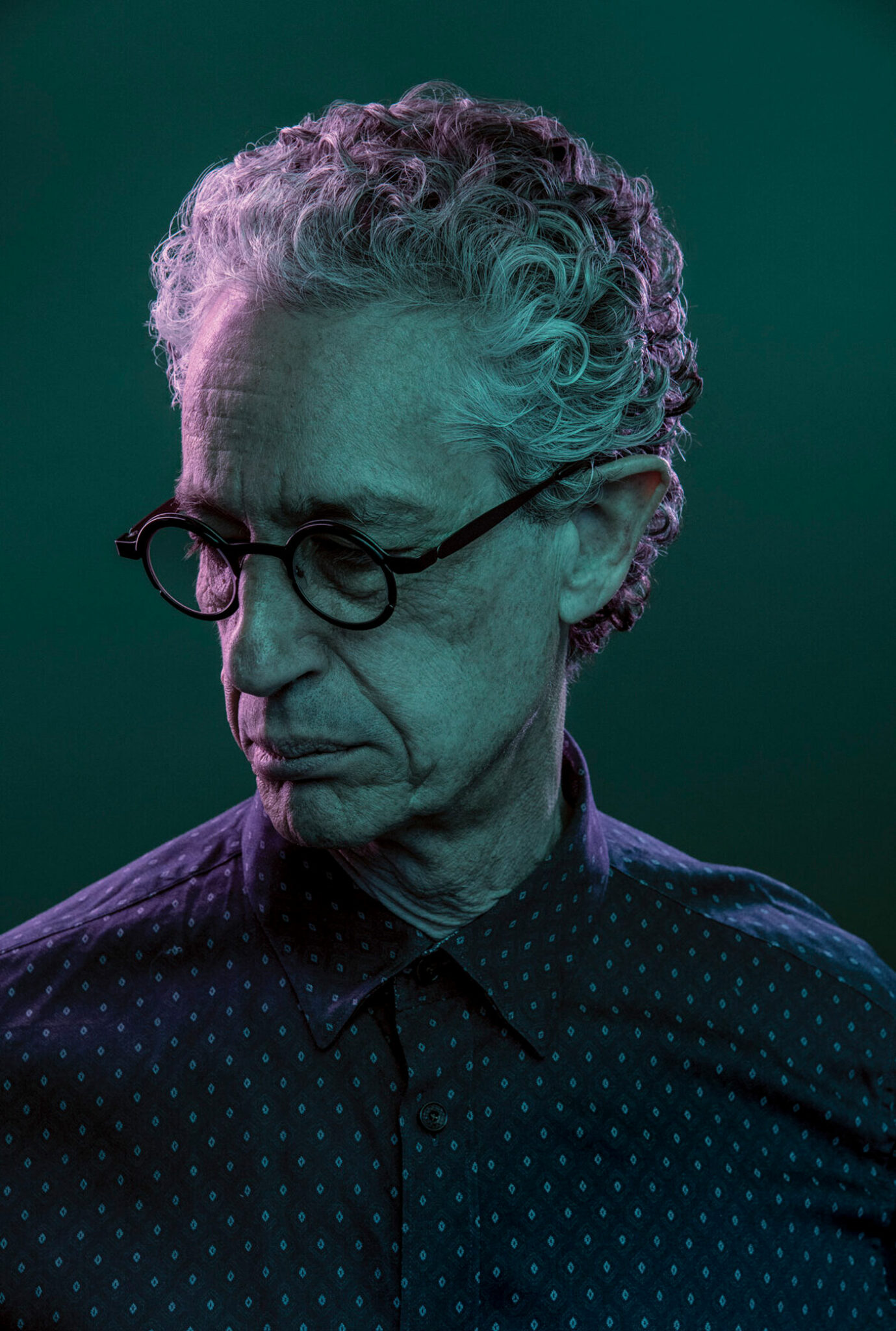
Talking energy is part of life in this province, and no one talks energy quite like Peter Tertzakian. Over the course of his four-decades-and-counting career, the managing director of ARC Financial Corp. and founder of Energyphile, an online museum and content hub designed to facilitate discussion about the energy industry from a range of entry points, has become a pre-eminent voice on energy-related issues. Author of bestselling books A Thousand Barrels a Second (McGraw Hill, 2006) and The End of Energy Obesity (John Wiley & Sons, 2009), he’s also a prolific columnist, commentator, podcaster and public speaker who recently became one of 14 experts appointed to the Government of Canada’s Net-Zero Advisory Body, an independent group that will advise on the best pathways to achieving net-zero emissions by the year 2050. From policymakers looking to make policies, to investors looking to invest billions, they all turn to Tertzakian.
It’s not just what he has to say, it’s how he says it. Tertzakian’s treatment of the big, important and possibly life-altering topics characteristically draws inspiration from antiquities. An ardent collector of energy-industry ephemera such as antique lightbulbs and old photos of drilling rigs, he is innately fascinated with how people lived in the past and how that relates to the way we live in the present and the way we will live in the future. Using this approach, his presentations are compelling and enlightening in a way that data and spreadsheets can never be. “I’m constantly trying to innovate on how to improve effective communication of complex subjects,” says Tertzakian.
Part of his success in understanding and communicating the complexity of the energy industry can be traced back to the earliest years of his career. Born at the dawn of the 1960s in Saskatoon and raised from a young age in Edmonton, Tertzakian studied geophysics at the University of Alberta and, following graduation, migrated to Calgary to work for Chevron. He was (and still is) a self-described “very technical, geeky kind of person,” who was put to work developing software in the age of mainframe computers with big green screens.
About a year into that first job, Tertzakian was offered the chance to go into field operations, so he left the computer lab behind and ventured into the still-wild spaces of rural northern Alberta and other parts of Canada. “In everybody’s lives, there are formative periods, formative events, and that was really a very formative event,” he says. Formative, because as a kid raised in an urban environment, he got to see and appreciate the natural beauty of the country. Formative, because he got to bear witness to the massive scale of the world of energy beyond his computer terminal. And especially formative, because as a self-described introverted person it forced him to break out of his shell and interact with the people who lived in the small northern towns and First Nations communities where he was working, providing him invaluable perspective into the human impact of the industry. He describes those years out in the field as “some of the best years of my life.”
In the mid-1980s, Tertzakian left to pursue graduate studies in economics at the University of Southampton in the U.K. He returned to Calgary and was re-hired by Chevron, where he finished out the decade. But with the economy in the doldrums at the beginning of the 1990s, Tertzakian decided to further his education with an MBA at MIT. He completed the program in 1994 and with a young family by that point, he and his wife decided to put down roots in Calgary. “I just have a tremendous fondness for it,” he says. “When I get off the plane here, I just feel privileged. There’s no better place, I think, and those feelings have hardened over time.”
So began the next phase of his career as an energy economist and financial analyst, a trajectory that would eventually lead him to his current roles with ARC Financial and ARC Energy Research Institute.

Tertzakian began to consider writing a book around the turn of the millennium — something that even today he finds ironic, since as a techy type he never had much interest in creative writing and only passed first-year university English by the skin of his teeth. Even so, he was by then developing a reputation for prescience in anticipating industry trends, and for being a compelling presenter. A book seemed the next logical career step.
His original idea was provincial in scope, but a mentor suggested he set his sights higher and pitch in the publishing big leagues of New York. His first book, A Thousand Barrels a Second: The Coming Oil Break Point and the Challenges Facing an Energy Dependent World, looked at the world’s “oil addiction” while envisioning a new direction for the industry on a global scale. He followed that with The End of Energy Obesity: Breaking Today’s Energy Addiction for a Prosperous and Secure Tomorrow, a book that examines our worldwide energy circumstance as it relates to population growth, economic growth and an increase in living standards.
The idea for Energyphile, which launched officially in February 2020, originated out of Tertzakian’s misgivings around writing a third book. He had been struck by an offhand comment from the publisher of his second book, who told him to make sure his first and last chapters were good, because no one reads the stuff in the middle. “So then I started thinking we need to reinvent the whole way people digest information,” he says.
He hasn’t given up on books entirely: Energyphile has a publishing arm that last year released The Investor Visit and Other Stories: Disruption, Denial and Transition in the Energy Business, a collection of short-form essays by Tertzakian about the energy industry and its future. (The title story uses an archival photo circa 1915 of a drilling rig near Waterton Lakes National Park as a jumping-off point for a thoughtful take on concerns an energy investor might have had back then and how that relates to concerns energy investors might have in the present.)
Stories from The Investor Visit are often used as reading material for Energyphile’s virtual book club events, which are open to anyone. Energyphile is also collaborating with Heritage Park to develop interpretive content for touchscreen kiosks in the Park’s new Innovation Crossing Centre. The content will be displayed on proprietary software Tertzakian developed here in Calgary and is allowing Heritage Park to use for free.
“It’s exciting for me to see the Energyphile vision in action and playing out exactly as Peter envisioned,” says Lori Burwash, a writer and editor Tertzakian first hired four years ago to help get Energyphile up and running, and who is now president of Energyphile Media Inc. “He’s just always thinking broadly and far-reaching. In a way he’s kind of a Renaissance man. He’s not your average energy economist. He grew up this man of math and science and a geophysicist, but he’s also got this creative soul to him, so it’s the writing, the photography … he does video editing. He really immerses himself.”

Having celebrated his 60th birthday earlier this year, Tertzakian is at an age when most people are looking toward retirement, but he’s not quite in that headspace. “I’m in the fortunate position that I could retire, but retirement to me isn’t hitting the golf course every day,” he says. “I’m a learner. I’m in my happy place when I’m creating new ideas and engaging in conversations that are stimulating and trying to make the world a better place. So, if I can spend all the rest of my life doing that stuff, as well as finding opportunities to get out and enjoy the outdoors — that’s retirement.”
If there is anything about retirement that he does find appealing, it would be getting a reprieve from his career-long fixation on how to separate himself from the pack. “Paranoia is a strong word, but I’m absolutely fixated on how to differentiate myself. How to be different from all the other people that are running spreadsheets, how to be different from all the other people that are using a certain medium,” he says. As media changes, he admits he’s finding that harder and harder to do. “In my business, you’re only as good as your last idea. So I have that constant racking my brain for how can I do something different. That takes up a lot of energy; it’s exhausting,” he says.
Like anyone with a public profile, Tertzakian admits to suffering the odd bout of impostor syndrome, wondering if anyone even cares what he has to say. But the truth is that people most certainly do. “Everybody wants to hear Peter,” says his long-time friend Deborah Yedlin, the former Globe and Mail and Calgary Herald business columnist and current University of Calgary chancellor. “He’s got so much credibility. He pulls all the threads together in a way that’s compelling and credible because it’s lacking hyperbole.”
Yedlin notes that Tertzakian’s credibility may have almost as much to do with how he listens as to how he speaks. “I’ve watched him in many different situations, especially when he’s in public, and how he graciously answers every question. He takes the time to talk to everybody after he makes a presentation and never judges other people’s perspectives, regardless of where they may be coming from.” She compares the lineups after Tertzakian’s presentations to a wedding receiving line of people eager to hear from him directly. “In Yiddish, a good soul, a good human is called a mensch. Peter is a mensch in so many ways: generosity of spirit, endless curiosity and a good sense of humour.”
It’s those human qualities that have been, and continue to be key to Tertzakian’s ability to captivate an audience, and it’s something he’ll need to draw on as part of the Net-Zero Advisory Body. Though he believes strongly in the need to evolve the energy industry, he brings to the table invaluable insight into the deep roots the industry has in his home province and why people are resistant to change. “I’ve presented to big corporate CEOs in Tokyo, in the most incredible office spaces from New York to London. I feel privileged that I’ve been able to do that and also been able to have conversations in the middle of nowhere across Canada. That diversity, for me, has been really important.”
“At the end of the day,” he says, “you’re just laying the groundwork to have a conversation with people.”

